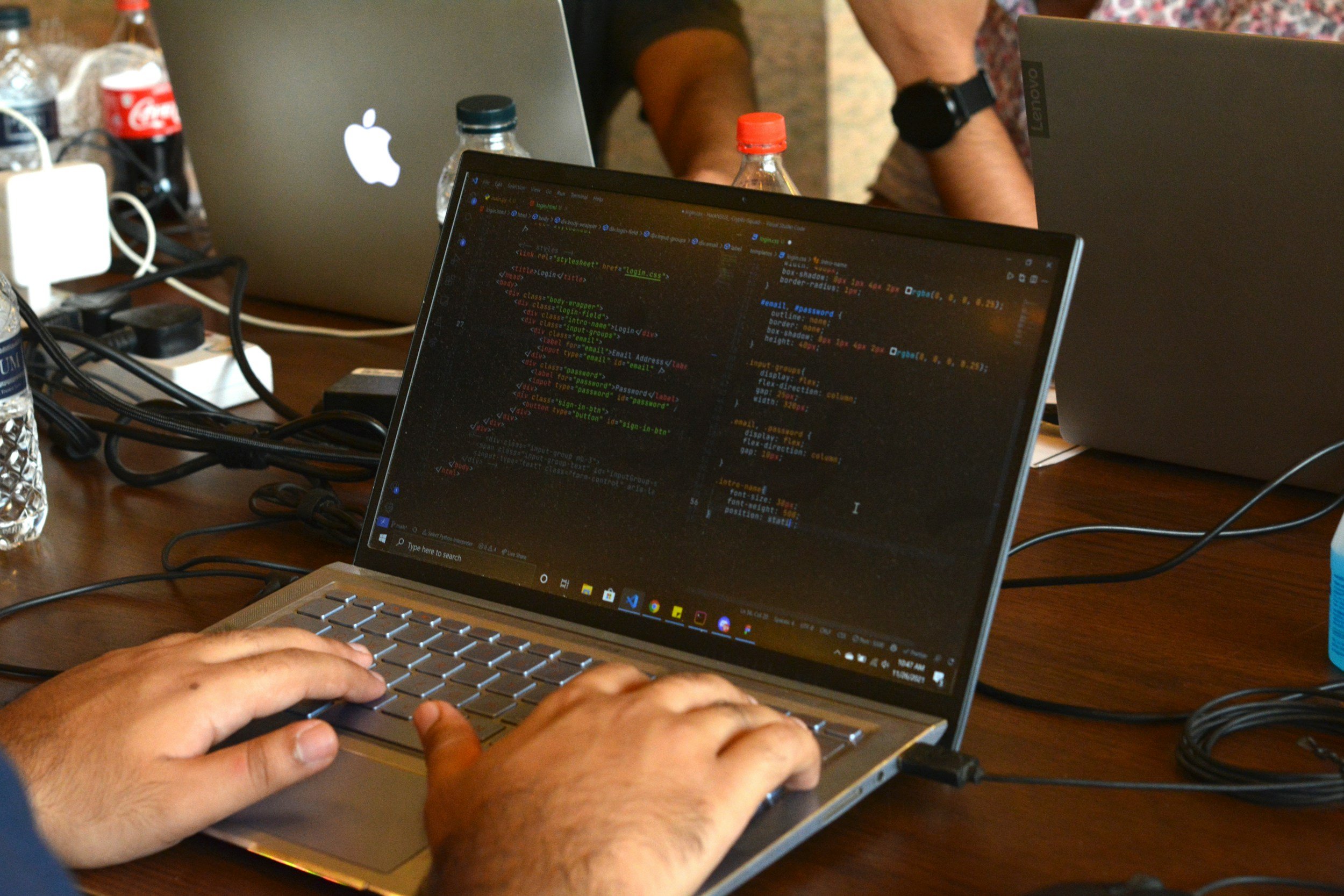
Stonehill Insights
AI isn’t just a technology—it’s a mindset shift. For organizations trying to unlock its potential, the biggest challenge often isn’t the tools themselves—it’s knowing where to start and how to scale.
Innovation is no longer the domain of moonshot labs or lucky ideas. For today’s high-growth companies, it’s a capability—intentional, measurable, and operational.
Healthcare stands at the edge of radical reinvention. The pandemic didn’t just test the system—it exposed its structural weaknesses and created urgency around modernization. As the dust settles, five forces are shaping the path forward, pushing providers, payors, pharma, and digital health companies into a future defined by data, automation, personalization, and trust.
The real estate and construction industries are undergoing a profound transformation. Historically known for their risk-averse culture and reliance on traditional methods, these sectors are being forced to evolve rapidly. Shifts in consumer expectations, advances in technology, environmental imperatives, and economic volatility are pushing developers and builders to operate in entirely new ways.
In a world increasingly shaped by artificial intelligence, the way a business makes people feel is becoming its most sustainable competitive edge. The rapid rise of AI tools—many of them commoditized, plug-and-play, and easily accessible—has leveled the playing field across industries. This democratization of technology is powerful, but it comes with a catch: when everyone has the same tools, the tools no longer set you apart.
Most companies aren’t failing because they lack good products or smart people. They’re failing because they’re structured for a world that’s already gone. While technology, customers, and competitors are changing at breakneck speed, many organizations are still operating with outdated blueprints—rigid hierarchies, siloed teams, and slow, linear decision-making.
If the last few years taught us anything, it’s that business doesn’t transform in neat, manageable waves anymore-it changes all at once. AI isn’t arriving gradually; it’s sweeping through every department. Customer expectations aren’t evolving; they’re jumping.
The future of customer experience won’t be won by departments—it’ll be won by connections. For years, organizations have approached CX as a relay race: sales hands off to onboarding, onboarding passes to support, and support lobs feedback back toward product. But in today’s market, customers don’t see departments—they see one brand.
We are living in a business environment where the only constant is change—and it's happening at a pace never seen before. Technologies evolve overnight. Customer expectations shift with every swipe. New competitors emerge with zero legacy but infinite speed. In this climate, the playbooks of the past don’t just feel outdated—they’re liabilities.
More organizations are turning to Change Management Offices (CMO) to navigate the complexities of transformations. CMOs provide the framework and tools to effectively coordinate change initiatives across an organization.
Organizations today are navigating a rapidly evolving marketplace defined by experience, personalization, and emotional resonance. In this environment, customer loyalty is no longer guaranteed by product quality or price alone. It must be earned through consistent delivery of value-aligned experiences.
In the cult classic WarGames (1983), a teenage hacker unknowingly accesses a military supercomputer trained to simulate global thermonuclear war. As the machine begins interpreting his commands as real threats, it spirals toward catastrophic consequences—until a human intervenes
Customer Experience Economic slowdowns create pressure on every business—budgets shrink, customer expectations rise, and competition for every dollar intensifies. In this environment, customer experience (CX) isn’t just a nice-to-have. I
Organizations face a myriad of risks that can impact their operations, reputation, and bottom line. From compliance issues to technological disruptions, the ability to effectively manage and mitigate these risks is crucial.
AI is no longer a futuristic concept—it’s a real, practical tool that businesses can use right now to streamline operations, automate repetitive tasks, and free up valuable time for high-impact work. Here are five tactical ways to start using AI in your business today.
Stonehill has compiled this guide to help executives explore AI technology applications that drive revenue growth, cost reduction, and operational efficiency.
A centralized Project Management Office (PMO) plays a crucial role in ensuring that complex projects and initiative objectives are met efficiently and effectively.
Having a structured and well-defined sales process funnel is not just a strategy—it's a necessity. A sales funnel serves as a visual representation of the customer journey, guiding potential clients from initial awareness to a finalized deal.
Technology is changing the way physicians practice medicine, offering tools like artificial intelligence (AI), smartphones, email, and transcription services to improve efficiency and patient outcomes.
Stale training materials can hold your team back, reducing engagement and overall performance.
Projects often need to adapt quickly to evolving demands, technological advancements, and competitive pressures. Change management has become a cornerstone of successful project execution, enabling organizations to navigate these shifts effectively.
Implementing a new system in a business can be a daunting task, but with the right training material, the transition can be smooth and successful. Training material plays a crucial role in ensuring that employees are well-prepared to use the new system effectively.
Key Performance Indicators (KPIs) serve as essential benchmarks for success, providing insight into performance and helping organizations monitor progress in a tangible way.
Companies must continuously evolve to stay competitive. One of the most effective ways to achieve this is through process improvement.
Software solutions are integral to organizations seeking to streamline operations, enhance productivity, and deliver exceptional customer experiences.
In today’s competitive market, customer experience (CX) is a key differentiator for businesses. A great product or service alone is no longer enough; companies must provide exceptional, seamless experiences that resonate with their customers. Central to achieving this is understanding the customer journey, identifying the moments that matter most, and developing targeted strategies to leverage these critical touchpoints.
Organizations constantly seek ways to optimize their operations for efficiency and impact in today’s rapidly evolving business landscape. Deciding between a centralized or decentralized operational model is a critical choice that influences everything from decision-making speed to overall performance.
Net Promoter Score (NPS) has become a widely adopted metric for measuring customer loyalty and predicting business growth. However, simply collecting NPS data isn’t enough.
Companies are constantly evolving through organic growth or mergers and acquisitions, and the establishment of an Enterprise PMO is crucial for ensuring the success of the organization.
The construction industry is embracing artificial intelligence (AI) to enhance efficiency, safety, and innovation. Here are the top seven ways AI, including generative AI, is being integrated into construction practices.






























